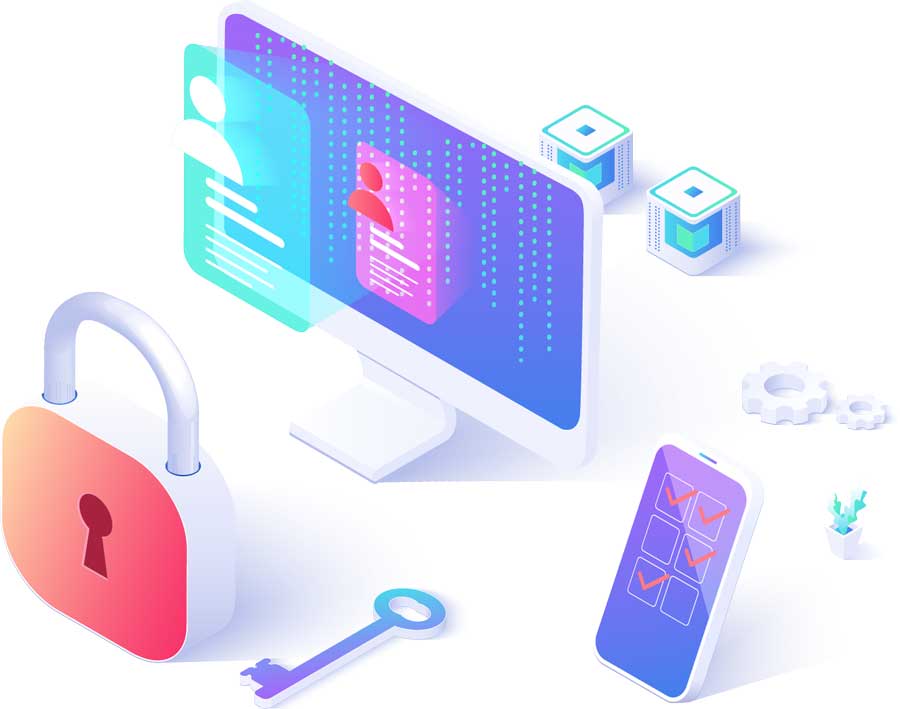How To Simplify Mental Health Billing & Maximize Patient Trust

Introduction Mental health care is evolving quickly, but billing remains a major challenge for many providers and small practices.Psychiatrists, psychologists, and therapists struggle with changing regulations, code updates, and confusing reimbursement policies.These billing complexities not only delay payments but also affect trust between providers and patients. Accurate billing is more than just paperwork—it ensures faster reimbursements, improves compliance, and builds patient confidence.Mistakes in codes or documentation can lead to claim denials, lost revenue, and increased administrative stress.By improving your mental health billing process, your practice can focus more on care and less on collection. This guide will walk you through every key aspect of mental health billing services.We’ll explore CPT codes, telehealth billing, modifiers, outsourcing, and how to choose the right billing partner.You’ll also learn how to reduce common billing errors and optimize reimbursement for both in-network and out-of-network claims. Whether you run a private practice or a group facility, this guide provides practical insights to simplify your workflow.Our goal is to help you maximize cash flow while improving patient satisfaction and operational efficiency.Let’s dive into the world of mental health billing and uncover the tools you need to streamline your revenue cycle. What Are Mental Health Billing Services? Mental health billing services handle the entire financial cycle for behavioral health providers and therapy-based practices.They manage tasks like claim preparation, insurance verification, coding, claim submission, payment posting, and denial management.This specialized service ensures providers receive accurate and timely reimbursements for therapy and psychiatric care sessions. Mental health billing services support a variety of licensed professionals across outpatient and private settings.These include psychiatrists, psychologists, licensed clinical social workers (LCSWs), and licensed professional counselors (LPCs).Each of these providers has different documentation, coding, and reimbursement requirements based on their credentials and services. Unlike general medical billing, mental health billing requires detailed documentation for time-based services and treatment plans.Sessions often vary in length, and insurers require specific CPT codes that reflect duration and clinical complexity.Behavioral health claims also face unique scrutiny regarding medical necessity, frequency limits, and progress note requirements. Another major difference lies in pre-authorizations and recurring visit approvals, which are more common in therapy-based services.General medical billing may use broad ICD codes, while mental health billing demands precise behavioral or psychiatric diagnosis coding.Without expert handling, providers often face denied claims, delayed payments, or compliance issues with mental health regulations. That’s why most successful practices partner with billing professionals who understand therapy-specific requirements and payer-specific rules.A tailored mental health billing service reduces administrative load while helping providers focus more on direct patient care. The Mental Health Billing Process Step-by-Step Efficient billing begins with a structured process designed to reduce errors and increase timely reimbursements.Here’s a step-by-step guide to how the mental health billing process works in modern private practices. Patient Intake and Insurance Verification The process starts by collecting accurate patient demographics and verifying active insurance coverage.Billing staff must confirm policy status, copayments, deductibles, and mental health service eligibility before scheduling appointments.Accurate verification avoids future denials and ensures patients understand their financial responsibility from the beginning. Pre-Authorization Requirements Some payers require pre-authorization before the first session or after a certain number of visits.This step involves submitting treatment plans and medical necessity documents to insurers for approval before rendering services.Missing this step leads to rejected claims and revenue loss—even if care has already been provided. Clinical Documentation Mental health providers must maintain clear, timely, and compliant clinical notes for every session.Documentation should match CPT codes, prove medical necessity, and include treatment goals and progress updates. Incomplete or vague records often trigger payer audits or denied reimbursements. Claim Submission with CPT and ICD-10 Codes Claims must be coded using appropriate CPT codes for services and ICD-10 codes for diagnosis.Errors in codes result in rejections, delays, or underpayment by insurers. Accurate coding reflects session length, modality, and complexity for maximum reimbursement. Follow-Ups, Denial Management, and Resubmissions Rejected or denied claims must be tracked, analyzed, and resubmitted quickly to avoid payment delays. Billing teams contact payers for clarifications, correct errors, and provide missing documentation for resolution. Payment Posting and Patient Billing Once payment is received, it’s posted to the patient’s account and statements are generated for any balance. Patients must receive clear bills with service dates, payment breakdowns, and instructions for submitting questions. Common CPT Codes in Mental Health Billing Understanding CPT codes for mental health is essential for accurate billing and full reimbursement. Each code represents a specific service type, session duration, or billing scenario. 90791 – Psychiatric Diagnostic Evaluation Used during initial assessments by psychiatrists, psychologists, or licensed therapists.This code covers history review, mental status evaluation, and treatment planning without medical services. Providers cannot use 90791 and 90792 together for the same visit. 90834 – 45-Minute Psychotherapy Session This is the most commonly used code for mid-length therapy sessions.It applies to individual counseling focused on mental health disorders or emotional concerns. Always document time spent and clinical intervention clearly. 90837 – 60-Minute Psychotherapy Session Used for extended therapy sessions involving deep therapeutic interventions.Reimbursement is higher than 90834 but requires solid documentation to justify medical necessity. Some payers may review 90837 claims more strictly. 90853 – Group Therapy Used when treating multiple patients simultaneously in a therapeutic setting.Does not include family members or social gatherings—clinical intervention must be present. Documentation must reflect group goals, participation, and outcomes. 90785 – Interactive Complexity Add-On Used in combination with primary therapy codes when communication is complex.Applies to sessions involving children, third parties, or language barriers. This code enhances reimbursement but requires very specific documentation. Importance of Accurate Coding Using incorrect CPT codes can lead to claim denials or underpayment.Proper coding ensures compliance, maximizes reimbursement, and reflects the true value of services rendered. Stay updated with 2025 CPT changes to avoid disruptions in cash flow. Mental Health Billing Modifiers You Should Know Mental health billing modifiers give insurance payers extra information about provided services.Using them correctly avoids denials and ensures full reimbursement for eligible procedures. Below are the key mental health billing modifiers every provider must understand. Modifier 25

